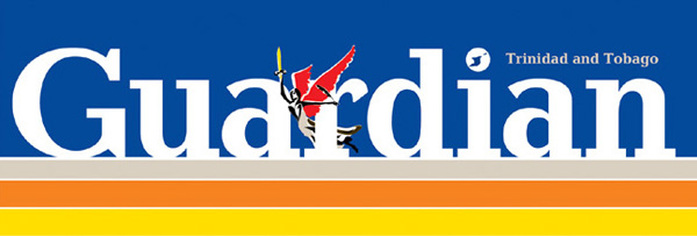For starters, any universal definition of corruption assumes culture plays no part in understanding corruption. Yet recognising cultural differences in societies is probably one reason why action on corruption remains ambiguous.
As IMF economist Vito Tanzi found: “to argue that the personal relationships that come to be established between public sector employees and individuals who deal with them reflect a ‘corrupt’ society may be correct in a legalistic sense, but it misses the point that these relationships simply reflect different social and moral norms.”
For example, a recent discussion about Jack Warner’s alleged abuses of power are that they are part and parcel of how we do things in T&T. That it’s not just Jack who potentially has been involved in dodgy deeds, but also the people who allowed him to get away with those deeds. And that long list might potentially include current and former politicians, the police, the fire service, attorneys, bank personnel, the president, businessmen and various others.
Now the author of such an argument is right to suggest people involved in corruption are usually facilitated by people who at the least turn a blind eye or, at the worst, accept illicit payments. Yet if so many different people acquiesce to such behaviour, might that suggest not everyone perceives corruption with the same values and ethics as those of us outraged?
Anthropologists working around the world have demonstrated that what is acceptable behaviour is distinct depending on particular histories and social boundaries. So a bribe isn’t always bribe. And insider trading isn’t always wrong. Here’s a local example. Many people suggest there is mass corruption taking place at the licensing office on Wrightson Road.
Yet one person’s definition of abuse of public office is another person’s definition of the normal way things get done. Interestingly, not everyone pays the same “bribe” amounts for the same outcome there. This potential for barter suggests that while bribes might be an issue, to some it is the amount of the bribe rather than the act of a bribe itself that causes greatest offence.
This negotiation, as anyone who has witnessed it can attest, is often a game of wit, intelligence and experience. The “negotiation” itself is a local, cultural way of interacting that takes place across T&T from land deals to getting drivers’ licenses. We haven’t always called this corruption though. For decades we’ve accepted it because that’s just how things get done here.
We have specific local words like lagniappe, bligh, ease-up, bobolist, and bobol that provide linguistic evidence of a varying, historical way of doing things which was corrupt, but not corruption. This suggests that what is and what isn’t corruption varies from one country and time to another, depending on particular histories and cultures of behaviour.
It is also suggests that corruption is not a singular act, rather it is a toolkit of practices and behaviours that can include peddling influence, nepotism, insider trading, untruthfulness, bribes, abuse of power, embezzlement, misappropriation of funding, false accounting and more.
The other dimension to this wider definition of corruption is we start to see acts play out not only in arenas where power is most obvious, like politics and business. We see acts of corruption happen in most areas and activities where some sort of transaction takes place.
This includes hospitals, schools, roadblocks, customs, and many other places. Problematising what is corruption doesn’t excuse breaking the law, rather it is an explanation that variations in cultural values and social experiences contribute to how business and public services are conducted.
This all leaves the question: how do we measure corruption? Do we hold to the universal standard of what is and what isn't corruption handed to us by a Western view of the world that, let’s be honest, is rife with corruption as the global economic crisis shows? Or do we take our own demographics and social history into account and recognise that as our corruption is endemic and cultural, we need indigenous and creative solutions to deal with it?
http://guardian.co.tt/columnist/2013-04-29/what-corruption

 RSS Feed
RSS Feed